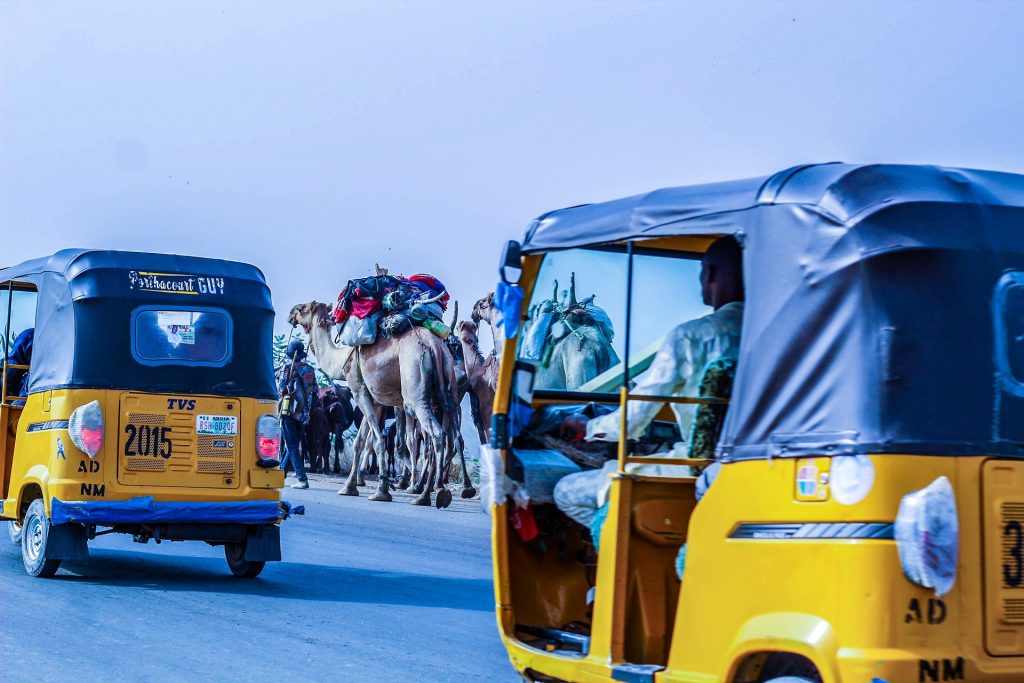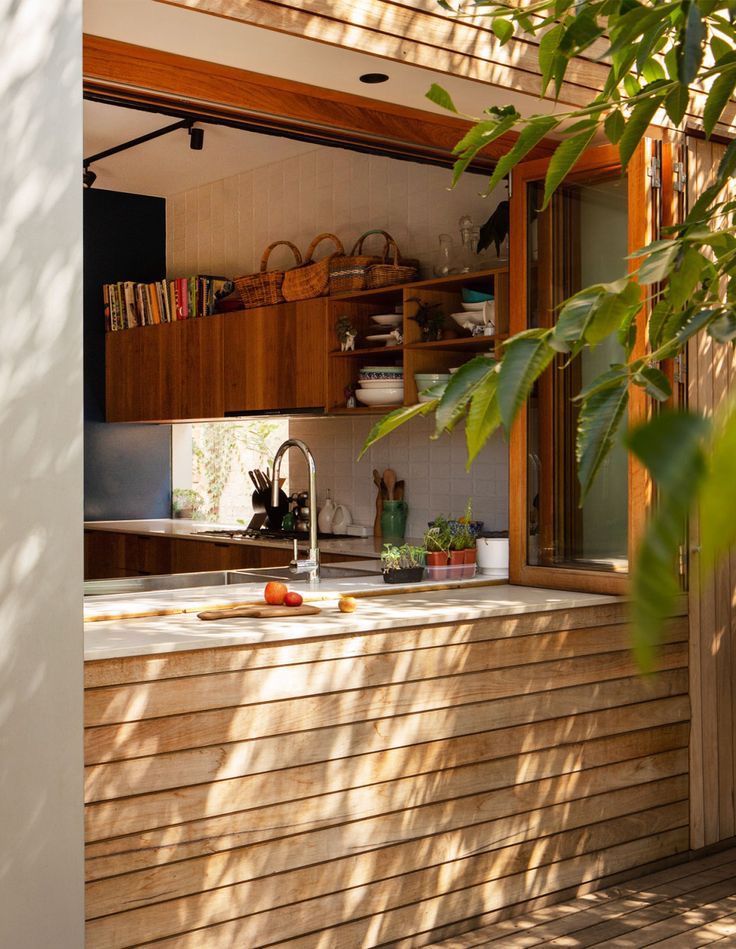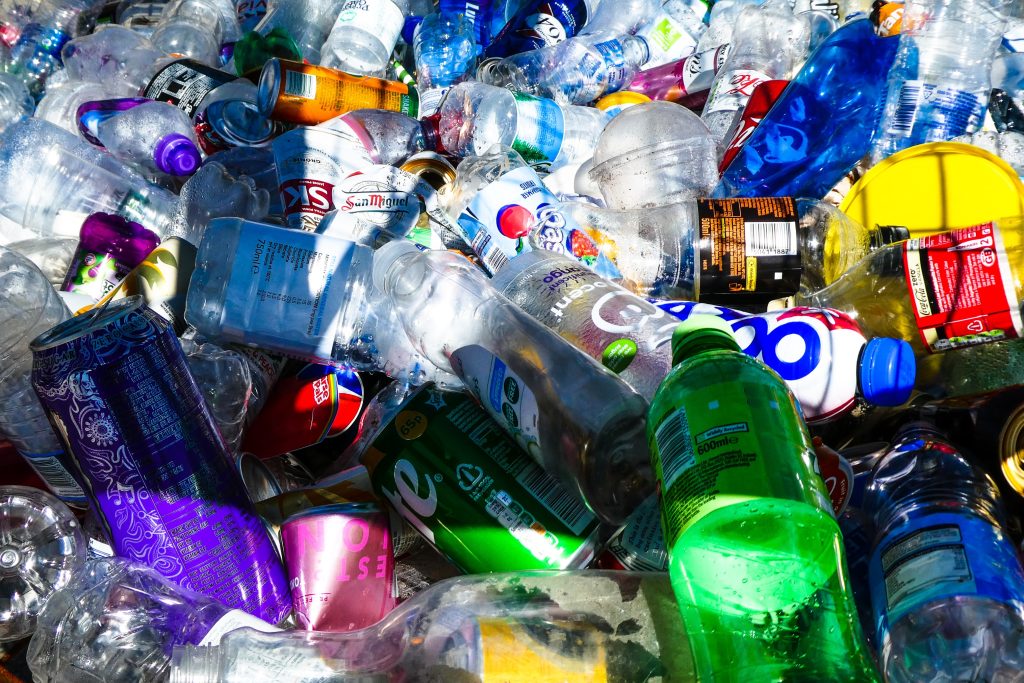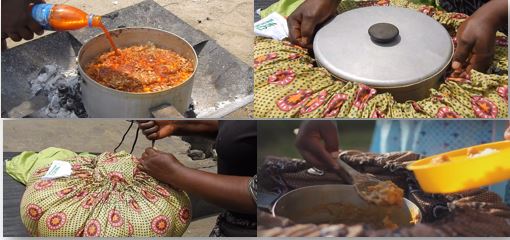Minimizing Your Environmental Impact While Traveling in Nigeria

Nigeria is a land of extraordinary beauty and biodiversity, with vibrant cities, lush rainforests, and diverse ecosystems. For nature lovers and adventurers, it offers a wealth of opportunities. That said, traveling responsibly is key to preserving the natural wonders and respecting local communities. So in this article, we’ll explore how to minimize your environmental impact […]
Sustainable Building Materials for Eco-Friendly Home Renovation

When it comes to home renovation, choosing sustainable building materials isn’t just a trend; it’s a responsible choice that can significantly reduce your environmental impact. Whether you’re planning a small upgrade or a major remodel, integrating eco-friendly materials into your project is a step towards a more sustainable and energy-efficient home. In this article, we’ll […]
Plastic Waste: 10 Effective Ways To Reduce It In Your Kitchen

Plastic waste has become a pressing environmental concern, and one area where we can make a significant impact is in our kitchens. By adopting simple yet effective practices, we can reduce plastic use and contribute to a healthier planet. In this article, we’ll explore ten practical ways to reduce plastic waste in your kitchen. 1. […]
HEALTH BENEFIT OF CONNECTING WITH NATURE
The health benefits of spending time in nature are massive. Some of these benefits relate to our physical health, demonstrating time outside has direct impacts on health measures such as blood pressure, heart rate, cholesterol, and blood sugar levels. A large part of these benefits has to do with the physical activities that happen in […]
HUAWEI IDP INTERVENTION REPORT

It is December, just when the wind was getting chilly, with most people taking a deserved break from work to travel and be with loved ones. When the exchange of gifts becomes commonplace, it’s quite easy to overlook a few things, especially those that matter. But, in the spirit of giving and community awareness, HUAWEI […]
WONDERBAG

A Wonderbag is a stand-alone, non-electric insulated bag designed to reduce the amount of fuel required in the cooking of food. Instead of being placed on a stove for the duration of the cooking period, food is instead heated to a hot enough temperature then transferred to the Wonderbag, which uses the principle of thermal […]
